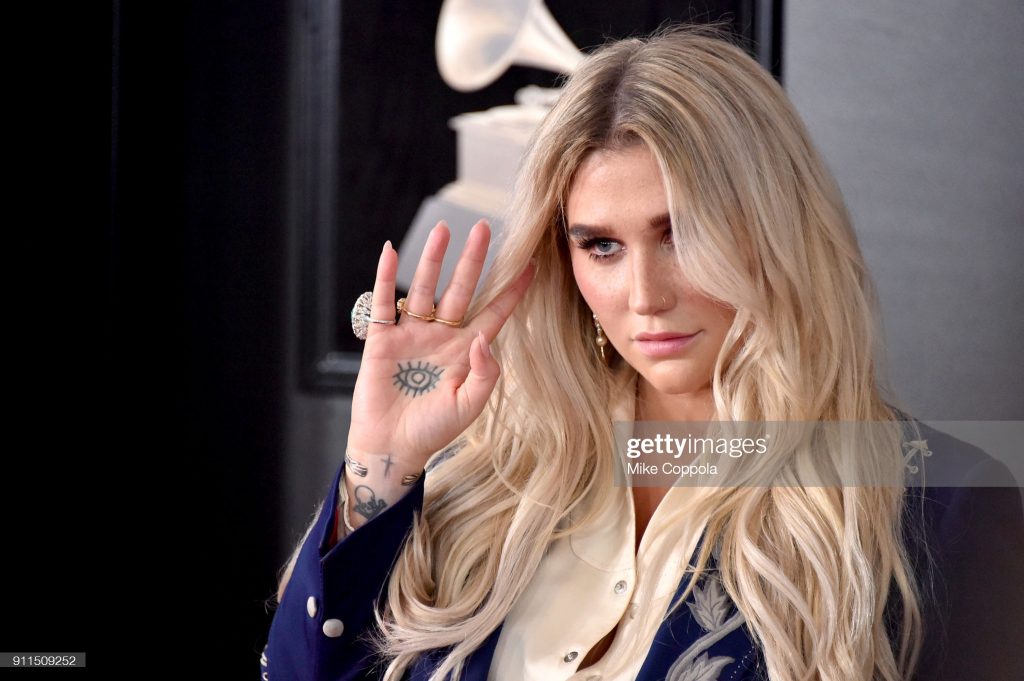How the entertainment industry can be toxic among youth
By: Jay Moreno
Entertainment, Feature Articles, Social & Youth development,

It’s nothing new that anyone can be influenced by what they see, though what is viewed in the entertainment industry can be toxic among youth. Whether it’s drug use, body shaming or any other aspect, it doesn’t take much to emulate certain issues into one’s own life.
Toxic drug use normalization in entertainment

Drug use tends to be illustrated in a very different way in entertainment compared to reality. Whether it’s pills, cocaine, heroin or anything else, it seems that fiction has a tendency to glamorize drugs. Due to the way drugs can be portrayed in fiction, those who watch could find drug use appealing. Additionally, fiction can ignore the negative outcomes of drug use. This can range from addiction, health complications and death. If the fictional project portrayed a drug addict who seeks help, it would clearly be a different interpretation. Furthermore, it would be a good way to show the dangers of drugs to persuade audiences not to use them.
In the early 1990s, the “heroin chic” image became a fad in the modelling world. Models would look pale and sick as a differing image to the more glamorous looks supermodels like Cindy Crawford, and Naomi Campbell had. At the time, it could have been a bad factor in the way people want to look. It is not unfamiliar for young generations to emulate what they see infamous figures and models. The trend eventually declined due to the 1997 death of prominent fashion photographer Davide Sorrenti, who often used heroin.
Toxic body shaming in entertainment

In a world where we are posting selfies for the world to see, online critiques of one’s figure are not uncommon. Sometimes, it seems anyone can be criticized for being either size. If one is considered “fat,” they’re told to lose weight. If they lose a lot of weight, they’re suddenly “too skinny.” The same situation occurs vice versa, giving the sense that people will be critical of body shape regardless.
While the average person can preach “looks don’t matter,” Hollywood’s perspective on looks is quite the opposite. The entertainment industry’s definition of obesity differs from actual definitions of obesity. This can absolutely have an effect on the self-esteem of people in the entertainment world and the average person who may look up to famous people or receive the wrong message from a show or movie. This can result in matters such as eating disorders such as anorexia or bulimia and actual obesity. Many celebrities, such as singers Demi Lovato and Kesha (pictured), have opened up about their struggles with eating disorders.
Toxic masculinity in entertainment

In and outside of the entertainment business, toxic masculinity is prominent. People teach young boys to “be a man” because “boys don’t cry.” This ongoing outdated concept teaches young boys not to show any signs of what’s considered a weakness. Rather than show sad emotions or “weakness,” men are taught to express feelings through anger and rage.
In today’s world, where many are more comfortable expressing themselves and break gender roles and construct, it shows a sign that things may be changing. We see more men wearing makeup and even teaching others how to apply certain styles or looks of makeup. Certainly, this can benefit young boys who see themselves as different since it teaches them to be comfortable with what they wish to do.
Toxicity of objectification of women in entertainment

For decades in entertainment, women have been viewed as sex objects. You see women dressed provocatively for products that have nothing to do with sex or anything related through advertisements. This proves that the term “sex sells” can be pretty accurate. As long as there’s a “hot girl,” you can make any product sexy. What’s so sexy about a Carl’s Jr. burger? Nothing. Once you put in a girl in a bathing suit eating a burger in one of their commercials, suddenly burgers are sexy.
Objectification of women has not been uncommon in the music business. Many male artists brag about all the women they can get and sleep with. They often speak of them as if they’re useless for everything but sex. One issue somewhat related to the objectification of women is the double standards between both sexes. If a man dresses provocatively or wears nothing, no one says anything, or they praise the man. If a woman does the same, the name-calling begins. No one calls men sluts and whores.
Where do we go from here?
There can be some ways to avoid too much influence in our lives. Through television and movies, we need to know that we must separate fiction and reality. While fiction does portray negative things that can happen in reality, we should take the viewing experience as a way to avoid those negative things in our own lives. While sexual objectification, body shaming and toxic masculinity still very much exist, I believe the world is slowly progressing to drift away from those aspects. Although society has become more accepting, there is still a long way to go.
Main photo courtesy of Getty Images.
Similar Posts –
MENTAL HEALTH WATCHLIST FOR SELF-CARE: TOP 10 ON NETFLIX. Click here to read the full article.
SOCIAL MEDIA’S IMPACT ON YOUTH: SECURING MENTAL HEALTH BEFORE IT’S TOO LATE. Click here to read the full article.
Tags: body shaming, drug use normalization, Entertainment, objectification of women, portraying independence as rebellion, toxic masculinity, toxicity in entertainment, youth,










[…] How the entertainment industry can be toxic among youth […]